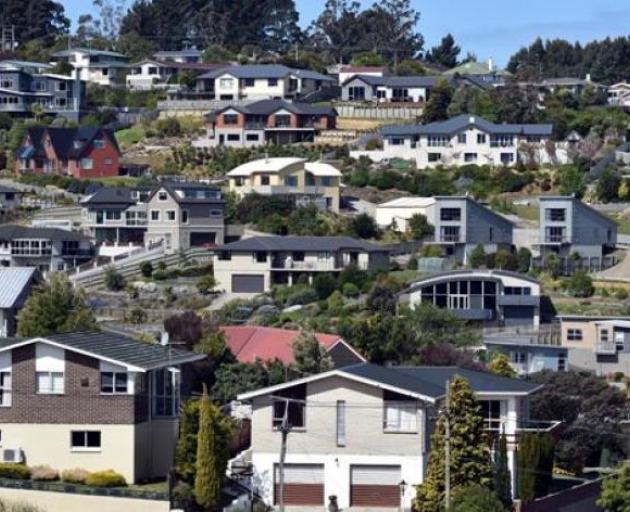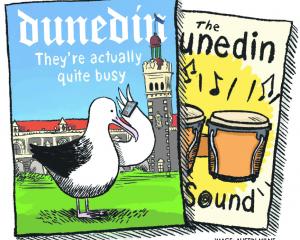
On average, the value of residential housing increased by 38% since the previous re-evaluation in 2019, the average house value now sitting at $672,000, while the corresponding average land value increased by 71.5% to a new average of $363,000.
Strath Taieri — which was also the most affordable area — had the biggest increase in average capital value, up 68.54% since 2019 at $276,589.
Waikouaiti Rural was up 56.76% at $525,717 and Brockville was third with a 50.31% increase to $538,035.
The top 10 most expensive suburbs by capital value were Maori Hill-Roslyn-Highgate ($887,212), Taieri ($872,605), central city north ($819,366), Waverley ($814,201), St Clair ($766,702), central city south ($764,065), Mosgiel ($732,697), Fairfield ($731,515), peninsula ($731,312) and Macandrew Bay-Broad Bay ($708,296).
In average land value, central city south topped the list with a 136.72% increase to $486,357, while Brockville was second with a 121.26% increase to $256,483 and Waverley third, up 115.96% at $444,333.
Meanwhile, the Real Estate Institute of New Zealand’s January figures show house prices have declined nationally but at a slower rate than seen previously.
The median sale price dropped nationally by 13.3% overall to $762,500 and decreased 9.3% for New Zealand excluding Auckland to $679,000.
Otago’s median price dropped by 11.6% to $645,000 while Southland was down 2.1% at $420,000.
Auckland dropped under $1 million ($940,000) for the first time in two years.
There were marginal increases in three regions; Gisborne (up 3.8%), Taranaki (0.8%) and the West Coast (5.3%).
In a statement REINZ chief executive Jen Baird said January was traditionally a slower month as sellers and buyers were on holiday. In Auckland last month, that was intensified by poor weather with the least number of sales since records began (excluding April 2020 during Covid-19 lockdown) at 943 sales. The rest of the country had also seen a record low for the month with fewer than 3000 sales (2759) nationally.
High interest rates, the ability to secure finance, commentary around a looming recession and it being an election year could be added to factors for slow decision-making from home buyers.
Properties were spending longer on the market with 53 being the median days to sell for January 2023, 16 days longer compared with January 2022, she said.












